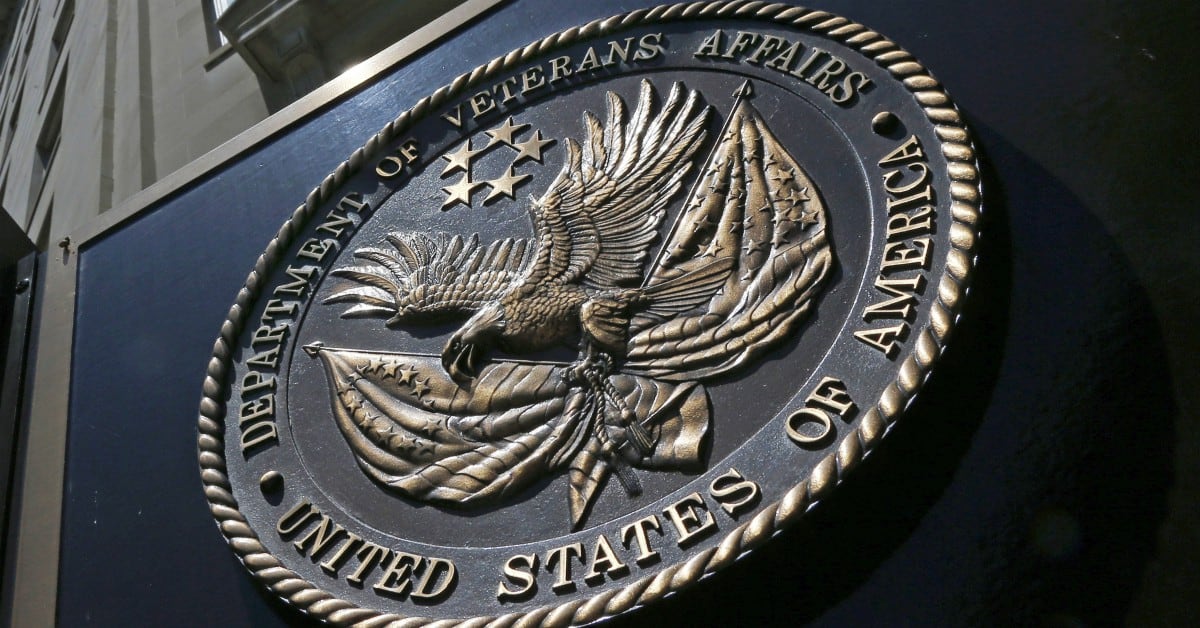While I appreciate the ongoing debate about private sector services helping veterans navigate the Department of Veterans Affairs’ disability claims process, a May 1 KFF Health News article published by Military Times left the impression that private benefit guides generally overcharge for their services and provide little value to veterans. That is an unfair characterization, and your readers deserve additional context.
Honorable companies like Veteran Benefits Guide, where I work — which has an A+ rating from the Better Business Bureau — are providing a needed service to veterans, helping guide them through the complex claims process and ensure they receive the full benefits they earned from their service. As a company founded by a veteran and staffed by many veterans and family of veterans, we are proud that our clients receive an average increase to annual benefits of $13,200, benefits they would not receive without our help.
Veterans service organizations, or VSOs, are intended to help free of charge, but too often they are understaffed and inadequately trained. In March 8 testimony before the House and Senate Veterans’ Affairs Committees, the National Association of County Veterans Service Officers, which represents county VSOs nationwide, acknowledged that it does not have enough representatives nor funding to meet veterans’ demand for assistance.
The KFF Health News article described a $2,829.70 fee charged by one private company and quoted the National Organization of Veterans’ Advocates, or NOVA, a group representing accredited attorneys and agents that has called for giving the VA more authority to crack down on unaccredited companies.
However, the article then failed to mention that attorneys and agents represented by NOVA often charge veterans significantly more. In fact, accredited attorneys charge between 20% and 33% of a veteran’s backpay, which can exceed $50,000 on complicated cases. In nearly every scenario, an attorney will charge multiples more than a private benefit guide and take years longer to achieve the same result.
At Veteran Benefits Guide, our focus is on ensuring veterans submit fully developed, accurate claims to the VA, which helps get the correct rating for the veteran the first time, avoids the need for costly appeals and speeds up the final benefits decision.
Attorneys, on the other hand, are only paid to assist veterans during an appeals process. And they are incentivized to drag out appeals, since they are paid a percentage of the veteran’s backpay. The longer an appeal takes, the more the attorney is paid.
Veteran Benefits Guide and other honorable companies have strongly supported efforts to establish guardrails and crack down on bad actors, such as the recently introduced PLUS for Veterans Act, which would impose criminal penalties on those seeking to take advantage of veterans, establish safeguards to prevent conflicts of interest, and institute caps to prevent unreasonable fees — while still preserving the right of veterans to seek assistance from the private sector. It would have been helpful context for your readers to know that such reasonable legislation has been introduced and is being considered in Congress right now.
Michael Licari is the chief legal officer of Veteran Benefits Guide.
Have an opinion?
This article is an Op-Ed and as such, the opinions expressed are those of the author. If you would like to respond, or have an editorial of your own you would like to submit, please email us. Want more perspectives like this sent straight to you? Subscribe to get our Commentary & Opinion newsletter once a week.





